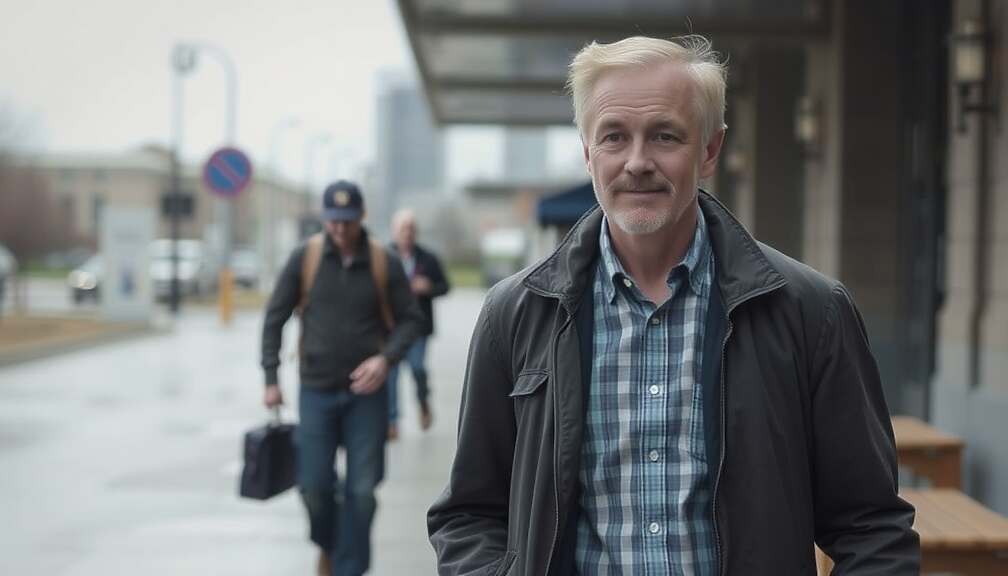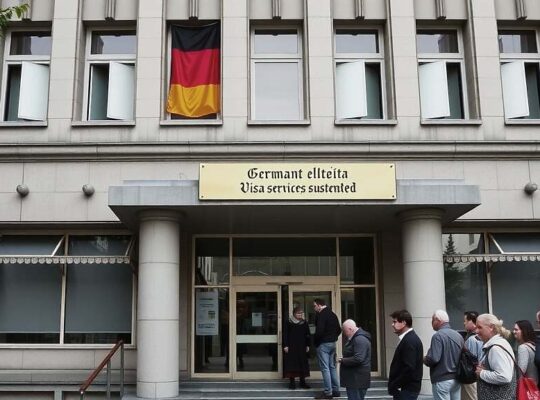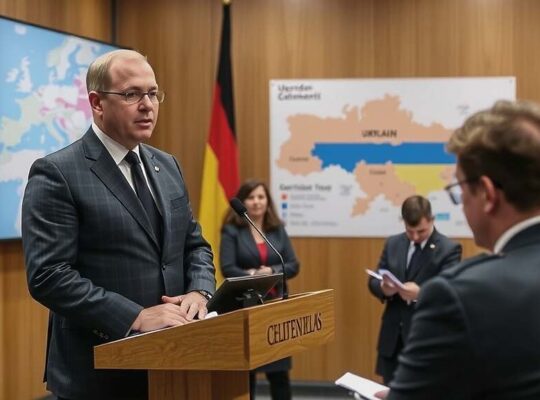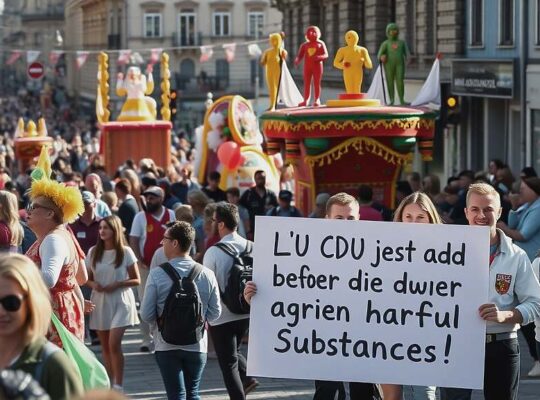The long-standing political landscape of Cologne has shifted as former Mayor Fritz Schramma announced his departure from the Christian Democratic Union (CDU) after nearly five decades of membership. The move, detailed in Tuesday’s edition of the “Kölnische Rundschau”, signals a growing rift within the party and casts a critical light on the leadership dynamics of the Cologne branch, particularly following recent electoral setbacks.
While Schramma emphasized his continued alignment with the core values of the CDU and praised the national and state-level performance of figures like North Rhine-Westphalia’s Minister President Hendrik Wüst and Chancellor Friedrich Merz, he directly attributed his exit to the perceived stagnation of the Cologne Kreispartei – the local branch. The repeated losses suffered by the Cologne CDU in the recent municipal elections, he stated, have underscored a failure to adapt and innovate, reinforcing a pattern of entrenched power dynamics.
Schramma’s frustration was particularly evident in his criticism of the immediate aftermath of the election results. He highlighted the swift and unchallenged reinstatement of existing leadership within the parliamentary group, characterizing the move as indicative of a preoccupation with maintaining positions of power rather than addressing the underlying issues contributing to the losses. “It looks as if certain people only want to secure their positions” he remarked.
The former mayor’s assessment extended to a pointed critique of the current leadership, singling out Bundestag representative Serap Güler, chairwoman of the Cologne branch, with the blunt assessment that “this Cologne CDU is not being led”. His departure, he presented as a direct appeal for a revitalizing of the party’s direction. Schramma stressed the urgent need for younger members to assume leadership roles and champion a new course, suggesting a growing disconnect between the established leadership and the evolving political realities of Cologne. The move is likely to fuel internal debate within the CDU and may prompt questions about the leadership’s response to criticism and the party’s strategy for regaining lost ground in a crucial urban center.












